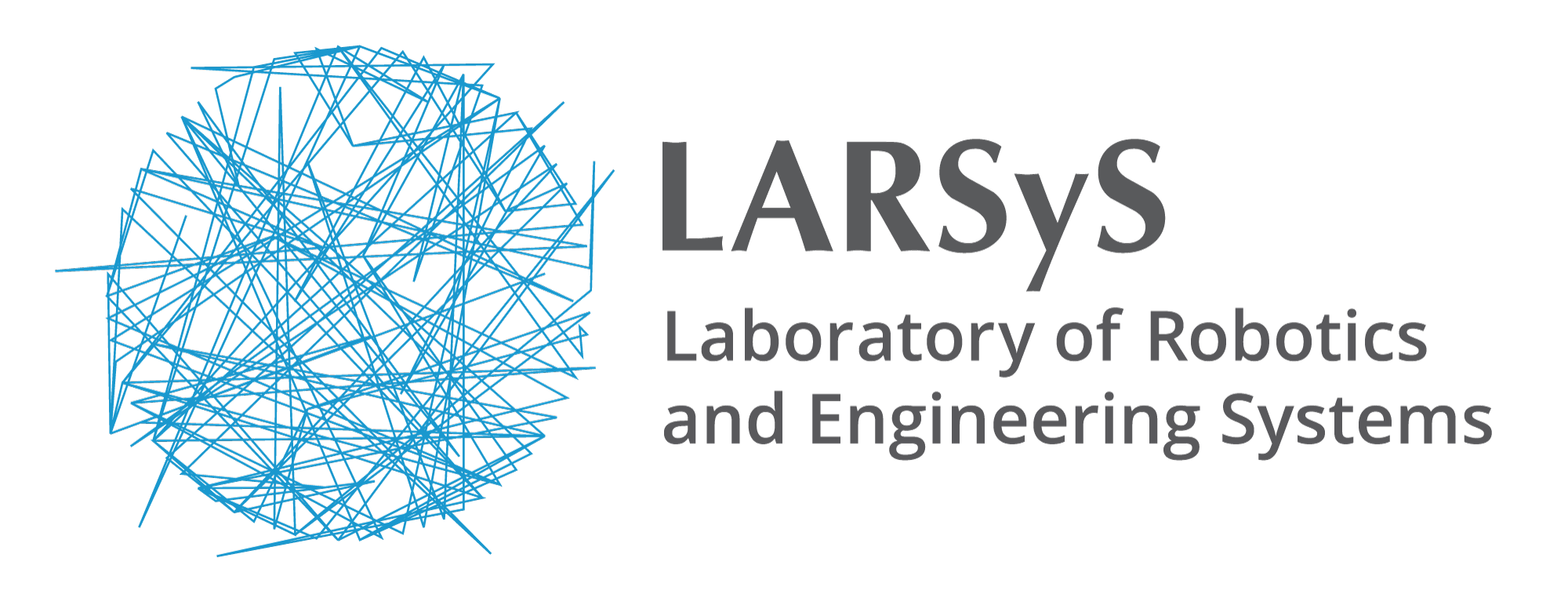LARSyS has a long history in the field of biomedical applications supported by intense activity of fundamental research and in the development of tools for data processing and analysis, with the capacity for effective translational developments already implemented in practice, both in the long-run and in the reaction to short term crises, such as the COVID-19 pandemic. These efforts are in accordance with the priorities set in the preliminary version of the Thematic Agenda for Research and Innovation in Health, Clinical Research and Translation, namely in the topic “Digital Health and Medical Technologies”
Project MIG_N2Treat (collaboration with Hospital da Luz and IMM – Institute for Molecular Medicine) identified multimodal neuroimaging biomarkers of migraine and used them to develop a novel personalized therapeutic approach based on neurofeedback training. Collaborative work with i3S (Instituto de Investigação e Inovação em Saúde), funded by FCT (Trace, Sense and Capture) and American Association of Patients with Gastric Cancer (No Stomach for Cancer) developed new bioimaging processing tools for gastric cancer diagnosis, now included in the guidelines for hereditary gastric cancer published in Lancet Oncology.
In the scope of the COVID-19 outbreak, LARSyS have been very active in finding solutions to help the health services and public services in general. Namely, LARSyS has had five successful submissions to the FCT Science4Covid calls. The first was project e-CoVig – Automatic system for remote surveillance of COVID-19 symptoms, a partnership between R&D institutions (ISR/LARSyS/IST, IT/IST – Institute for Telecommunications, Cardiovascular Center/Faculty of Medicine/University of Lisbon, ESTSC – School of Health Technologies of Coimbra, an SME (Brain Answer Lda.) and the SNS (Serviços Partilhados do Ministério da Saúde, Hospital de Santa Maria and Hospital Pulido Valente). This project will be extended by a new funding from H2020 (ReATeC).
LARSyS researchers are also engaged in a project aimed to keep the control and monitoring of COVID-19 patients and people with risky contacts or traveling from regions with communitary transmission of COVID-19, supporting the economic return to normality. Currently, Madeira Safe to Discover App supports the Health Security operation at Madeira airports, accounting for about 160k users since 1st July 2020. This information system allowed opening Madeira as a tourist destination, recognized by the mass media and tourist operators as a safe destination. The recently approved PT2020 Safeplaces project is a collaboration with the LARSyS spin-off Agora Systems to develop AI enabled surveillance solutions to support COVID-19 monitoring of social distancing, fever and mask usage in public and private spaces.
